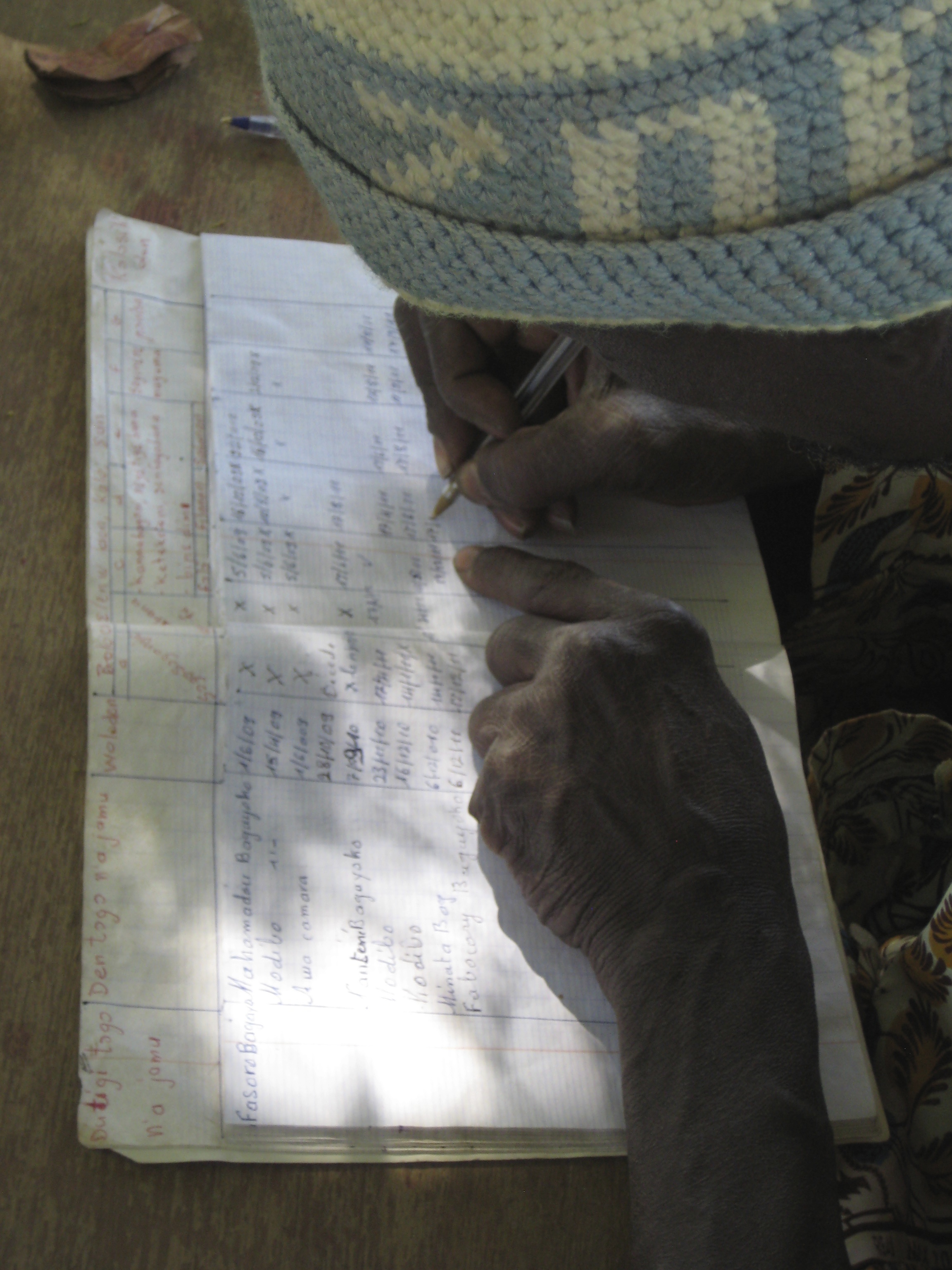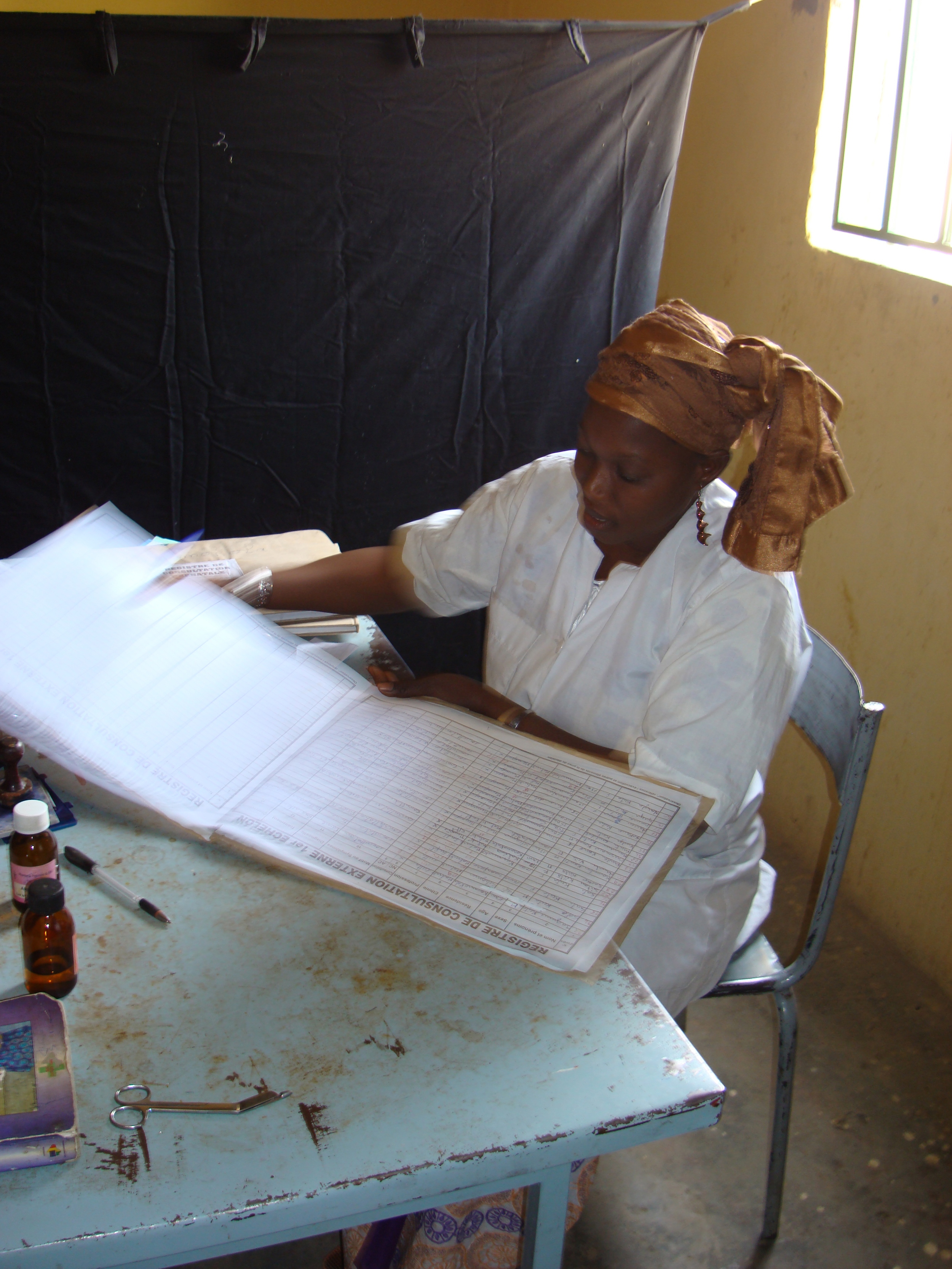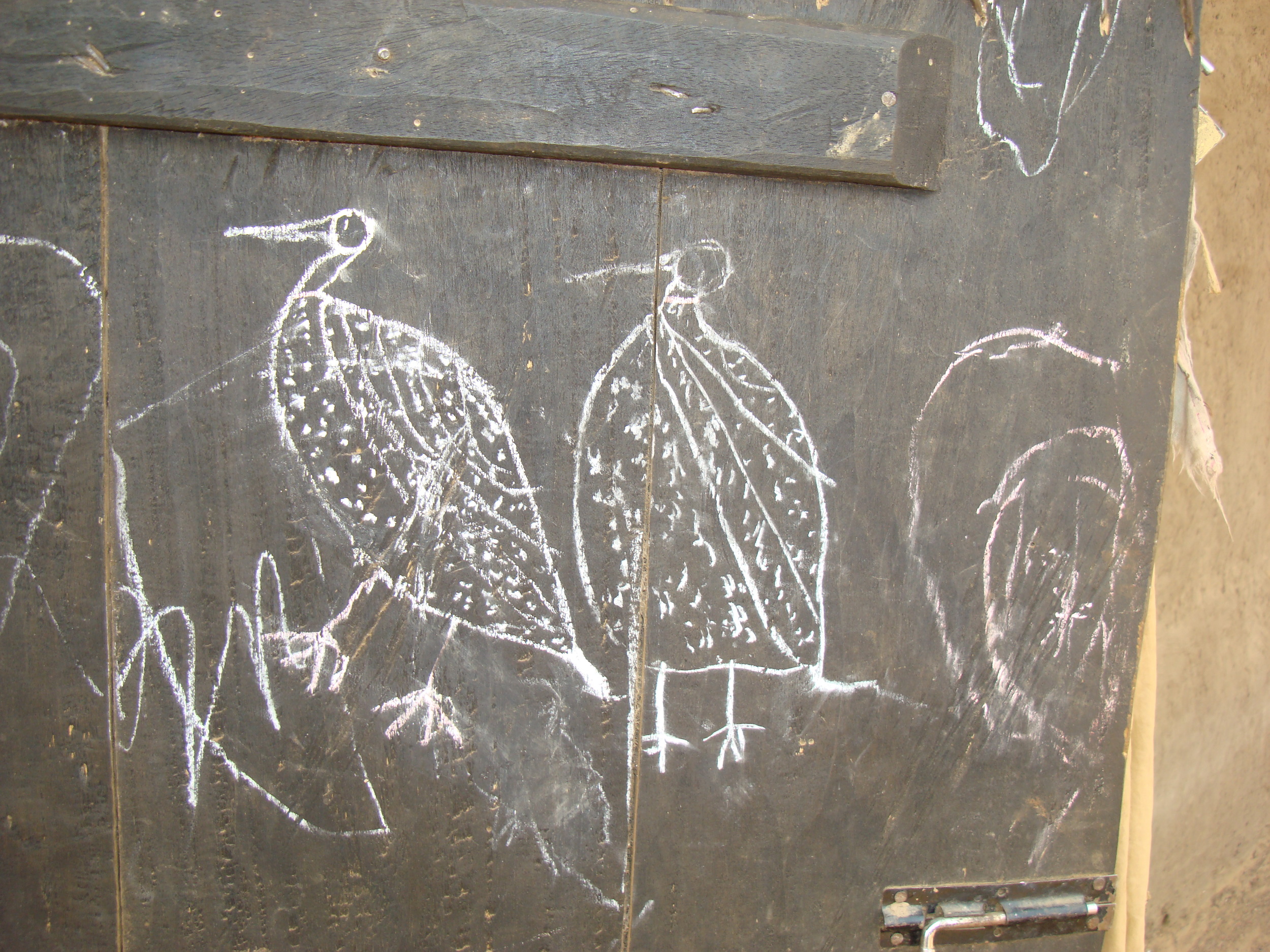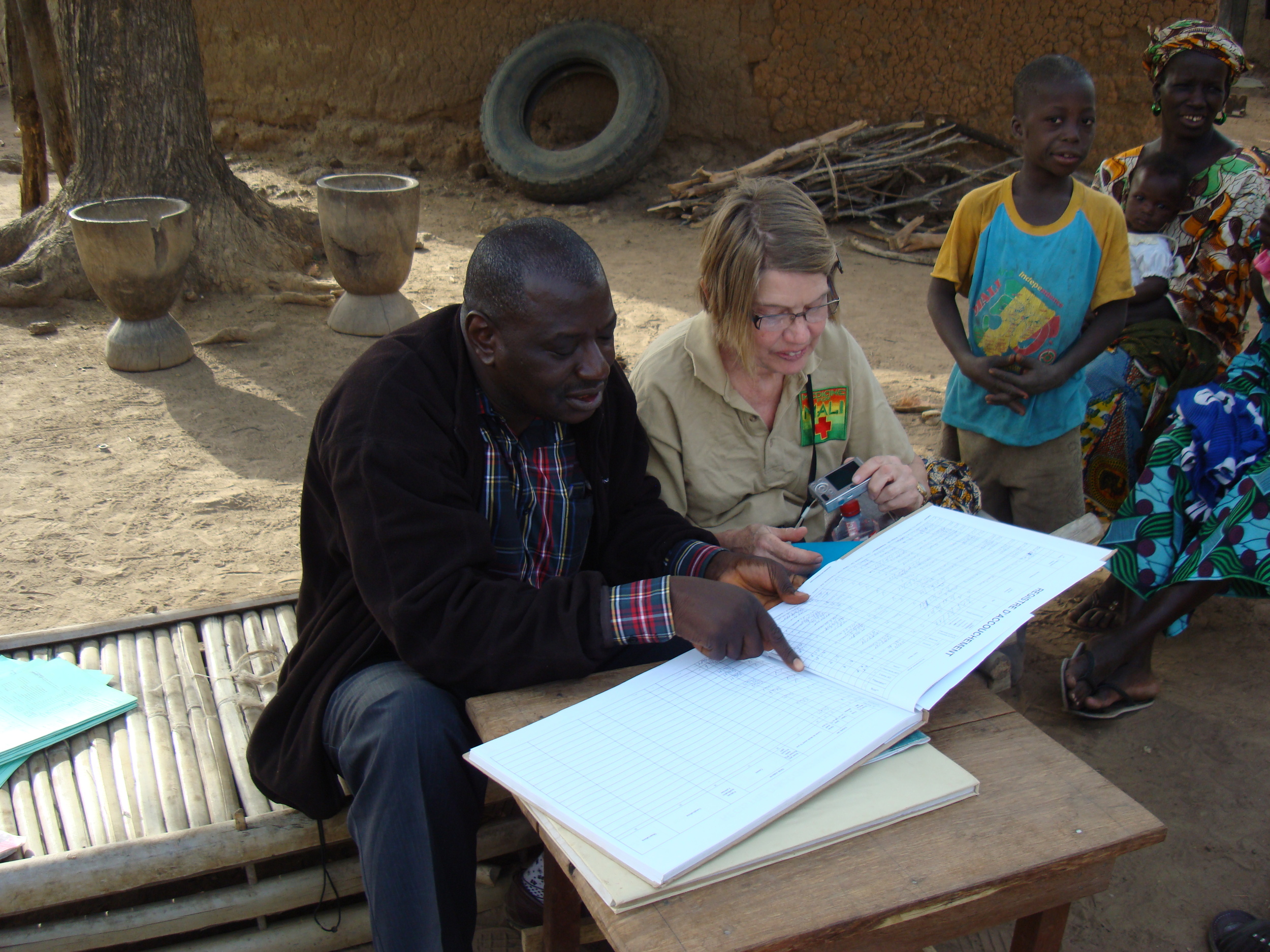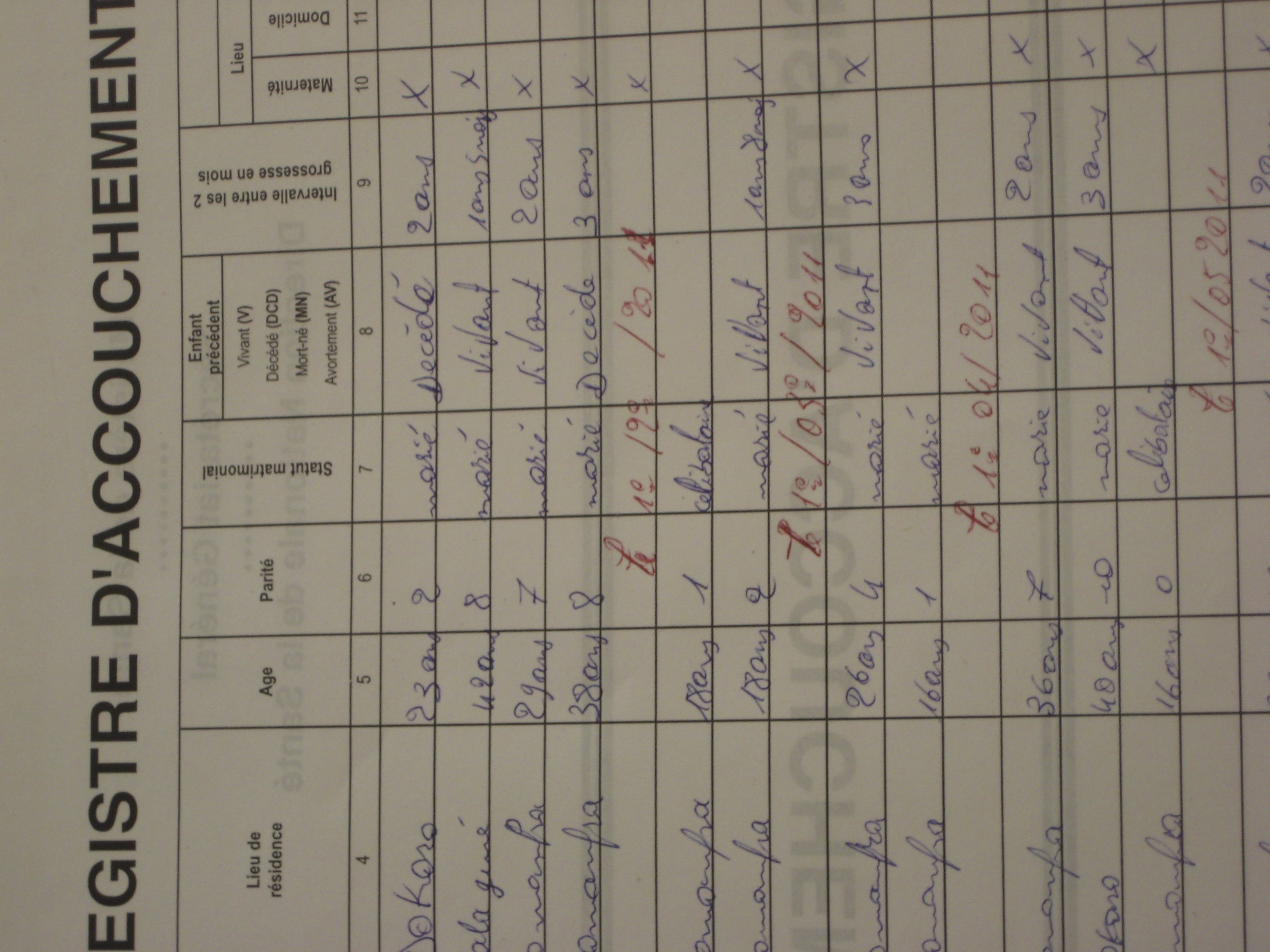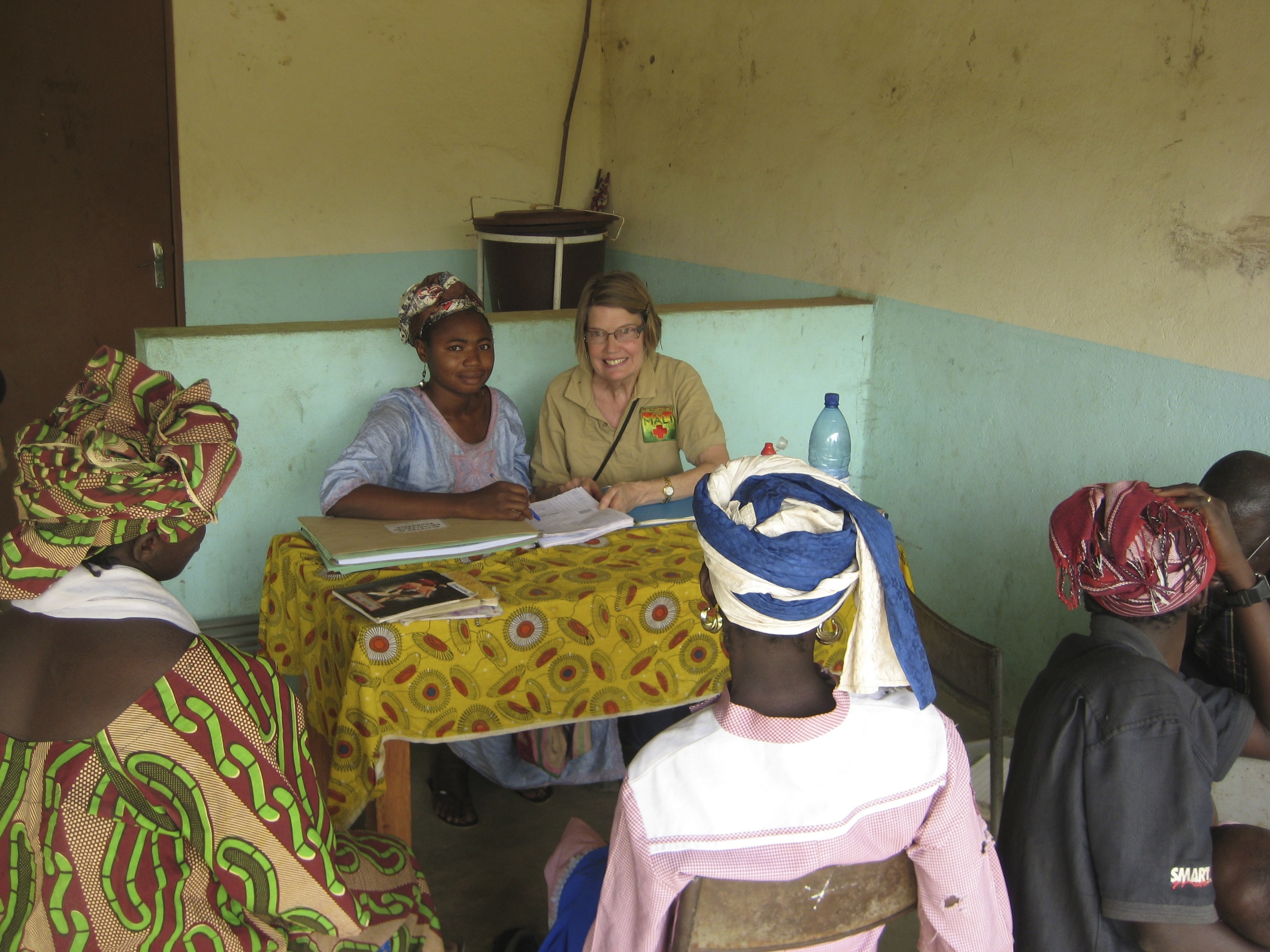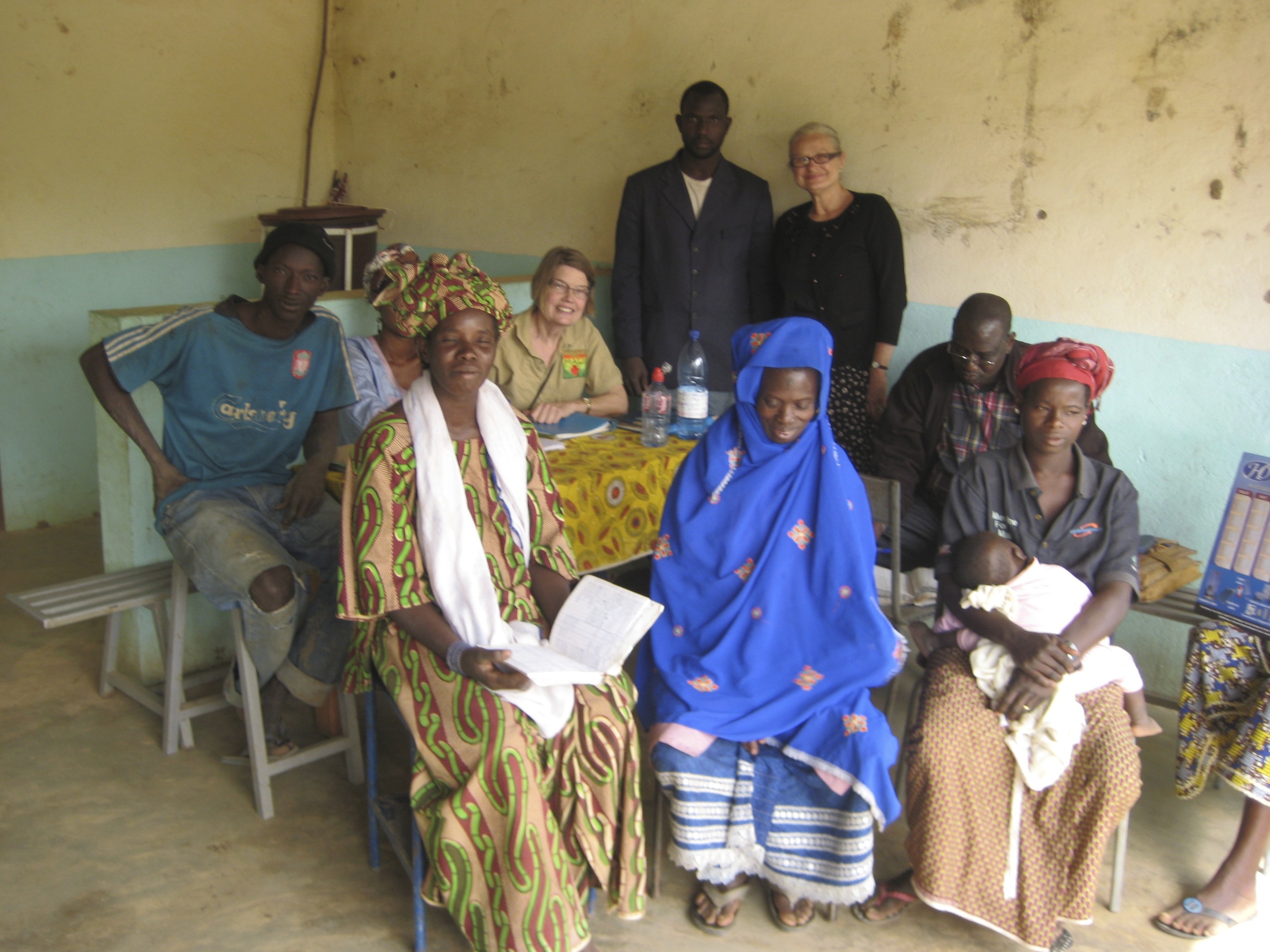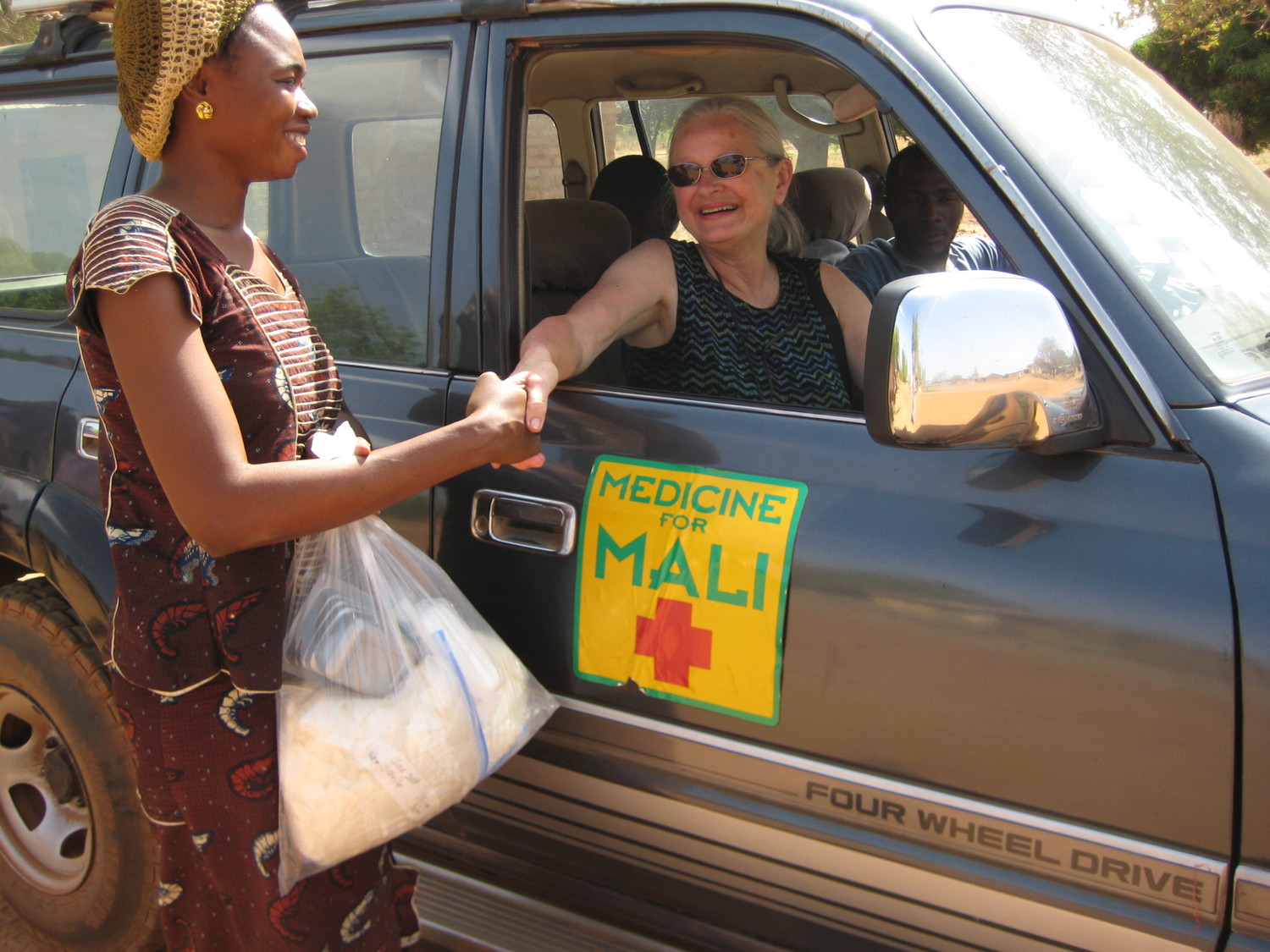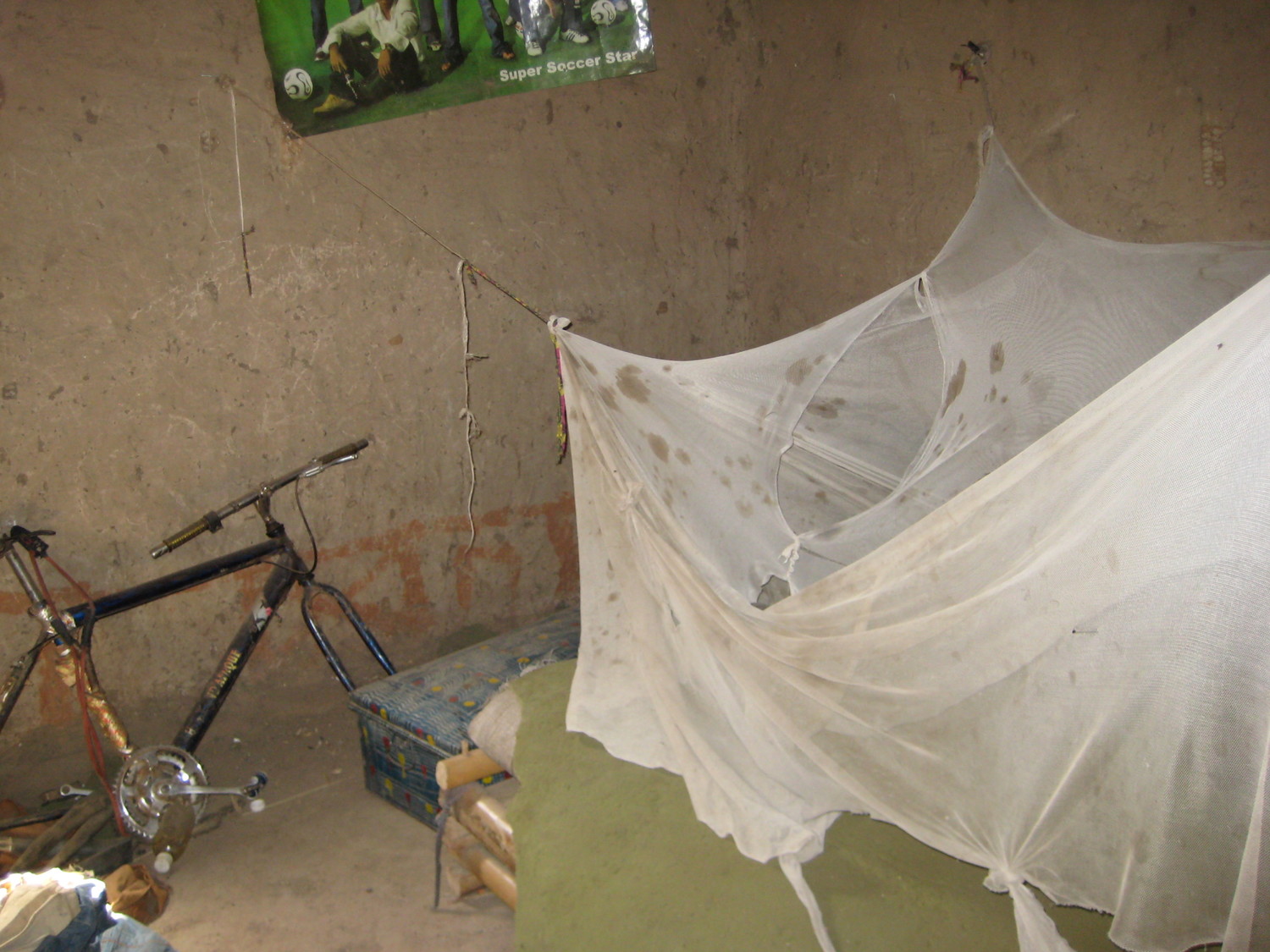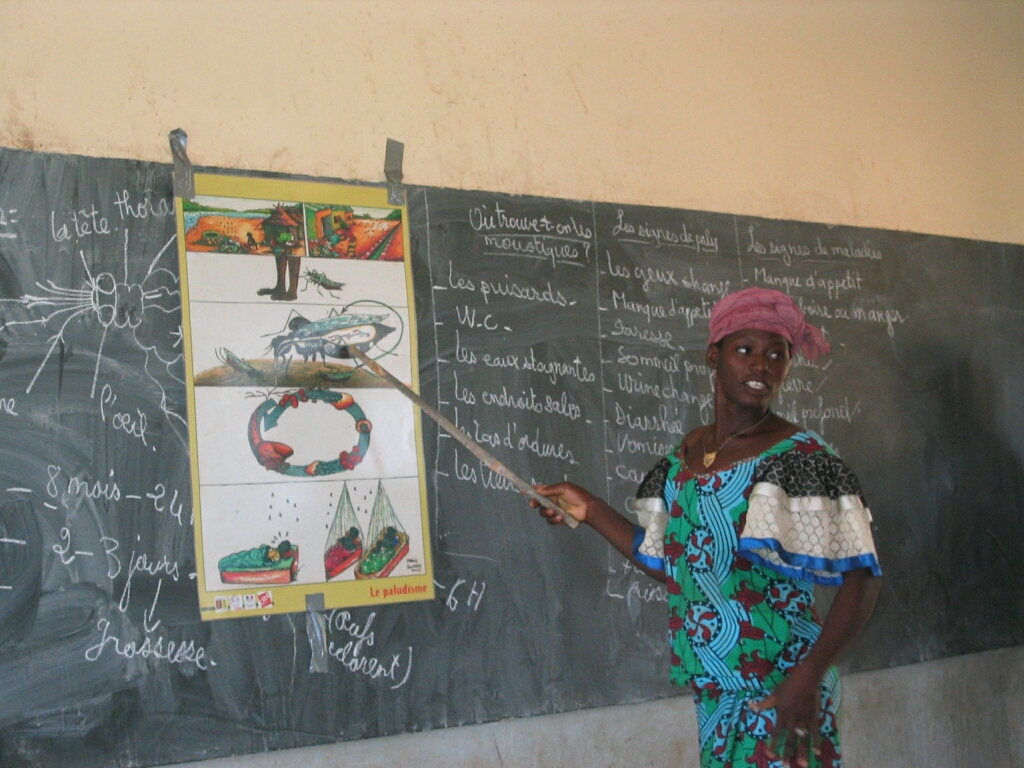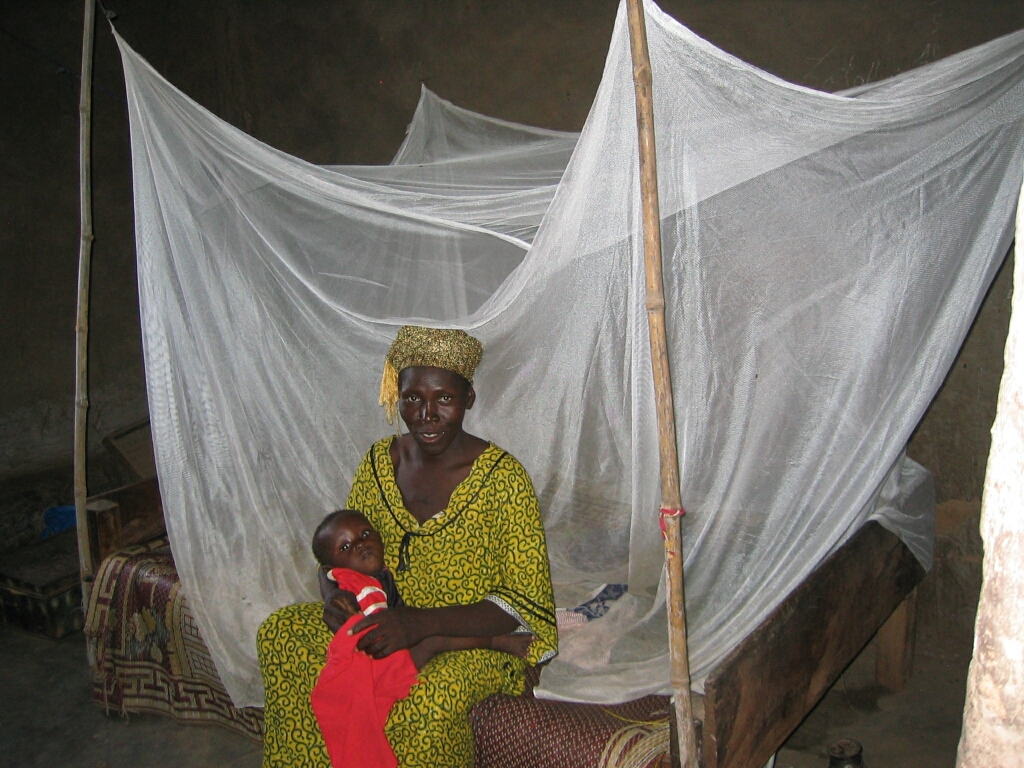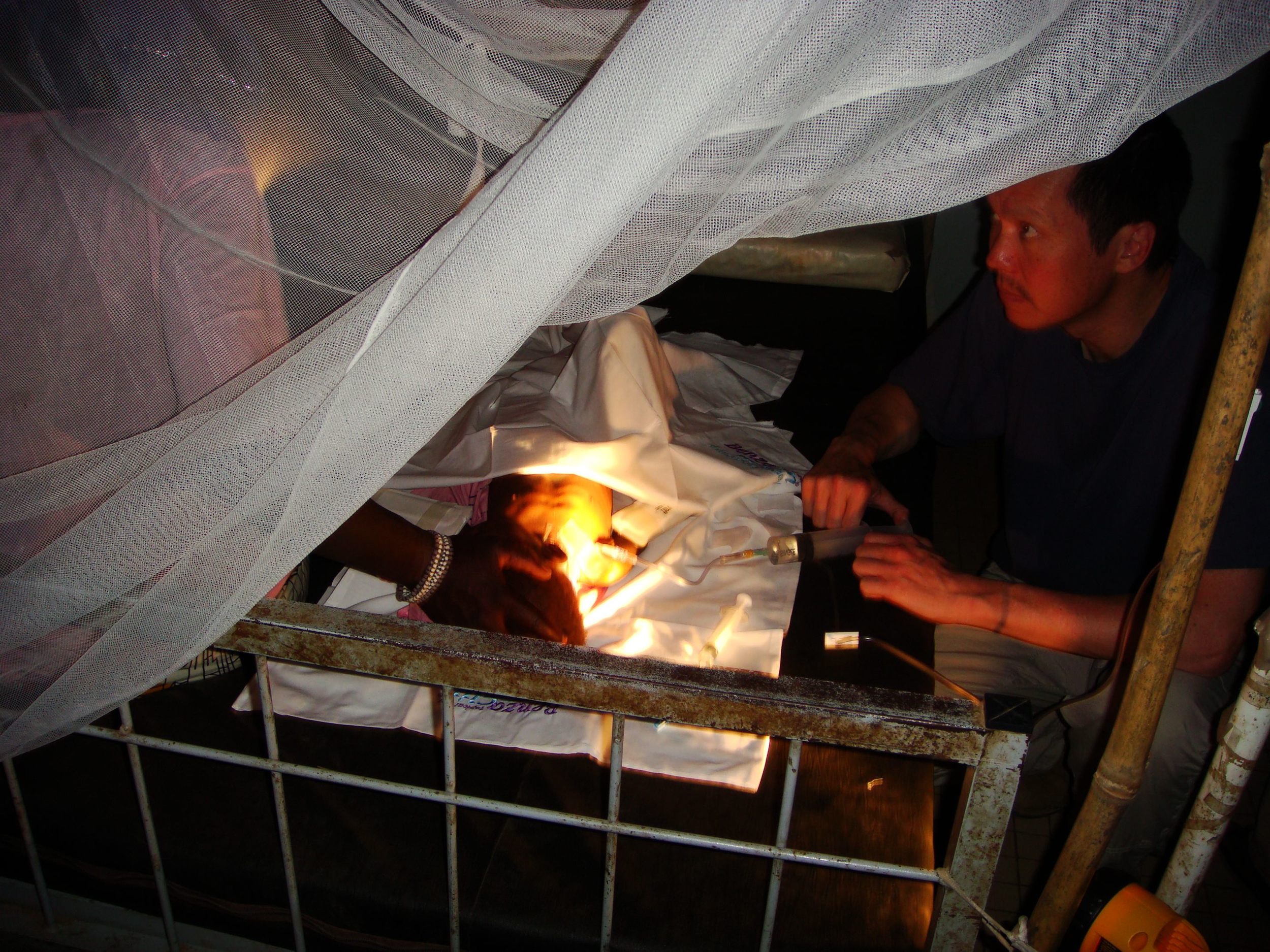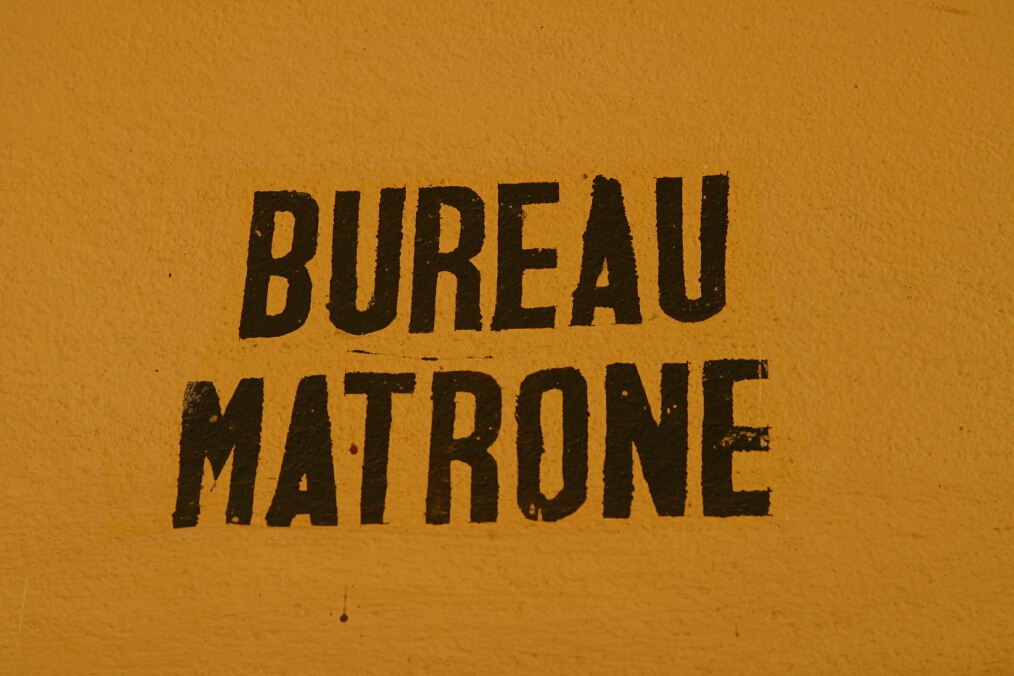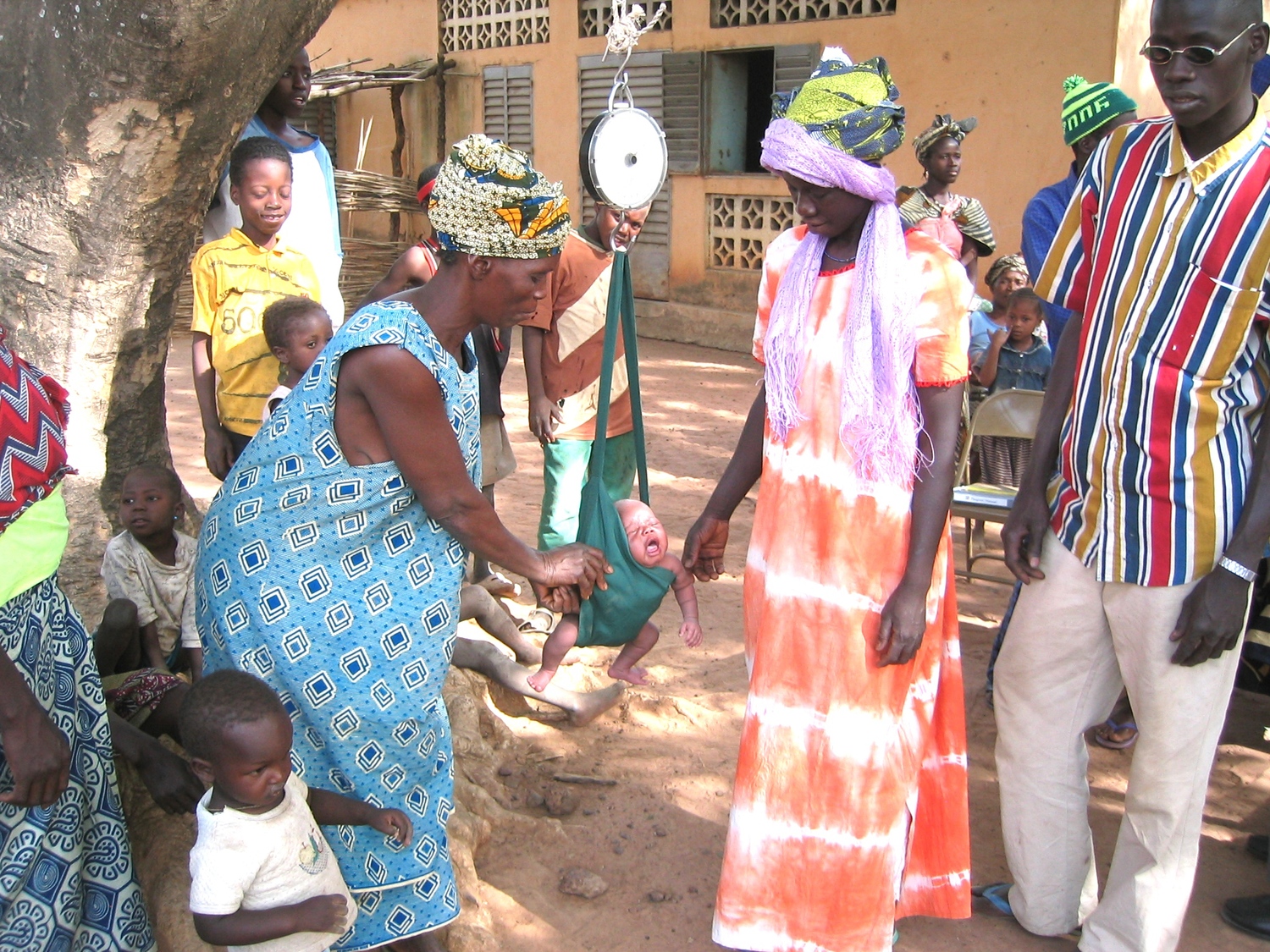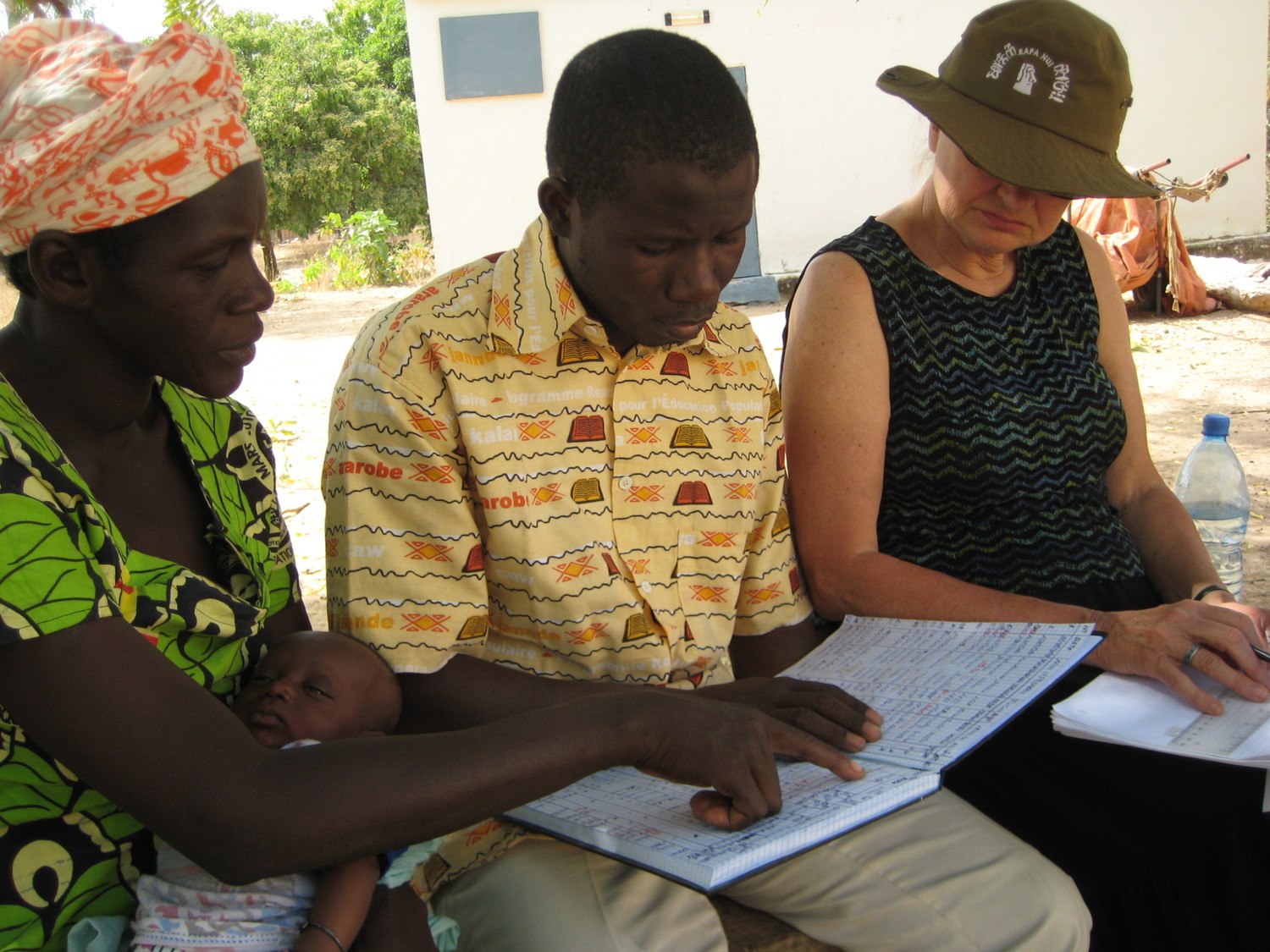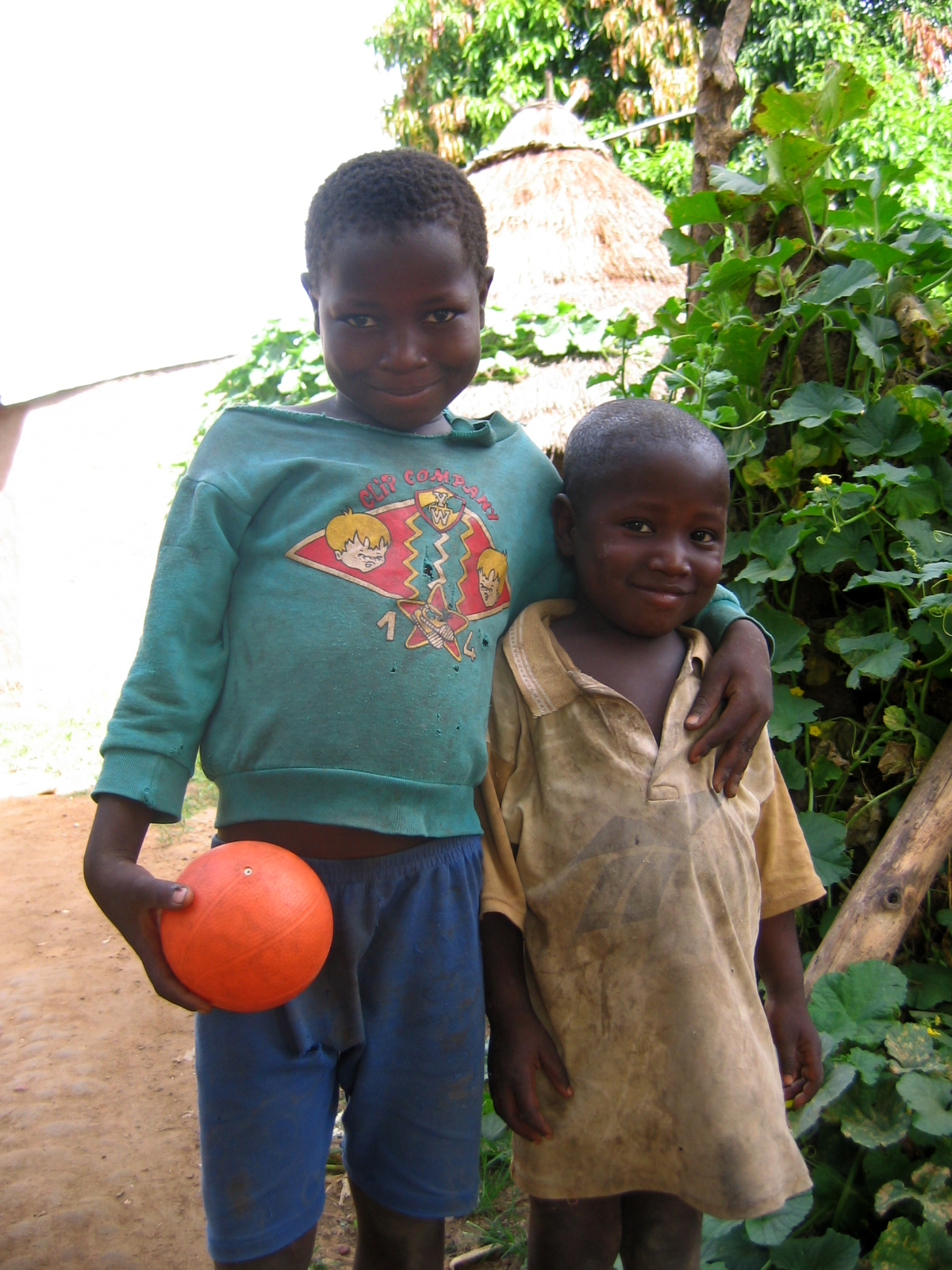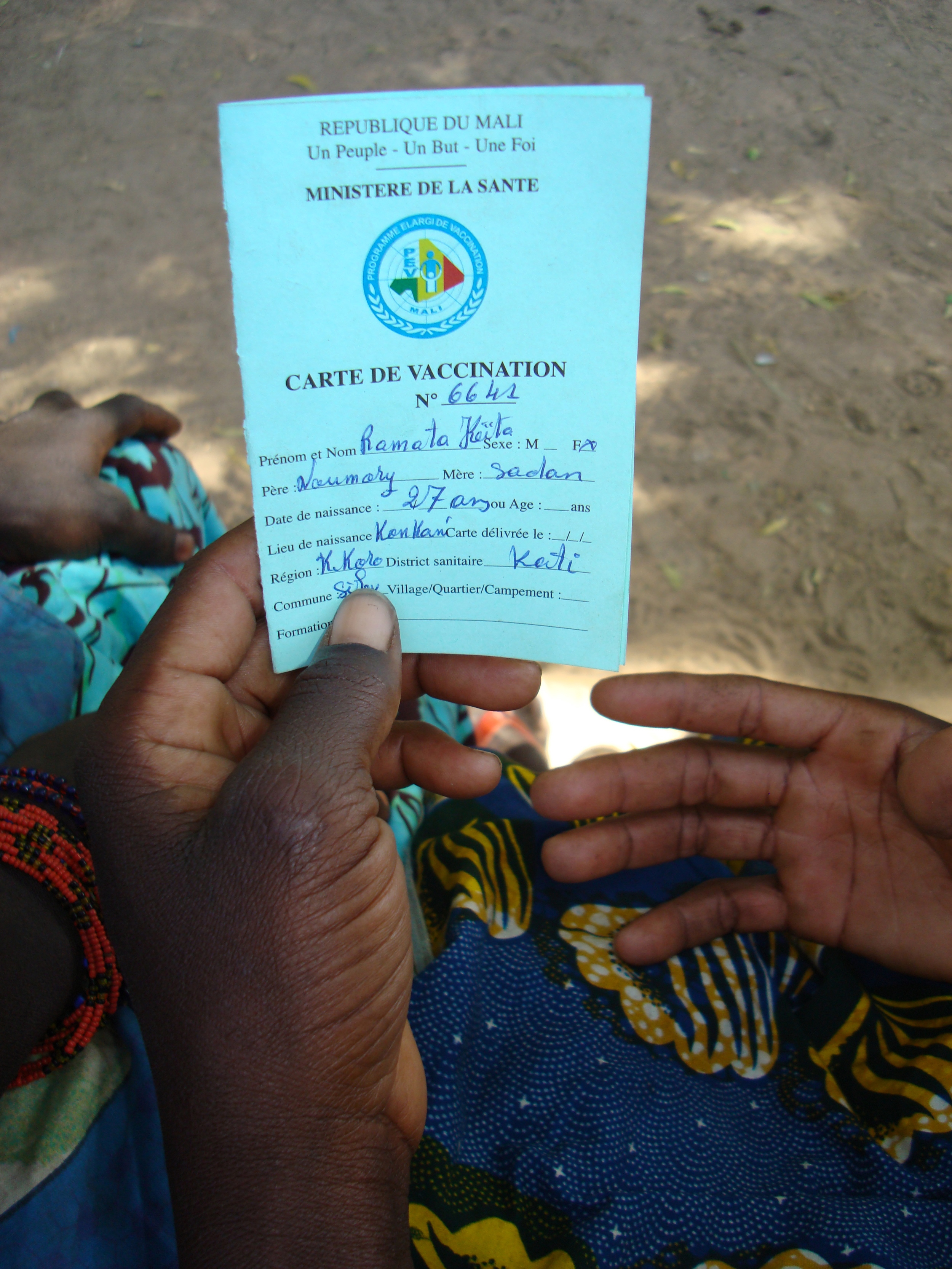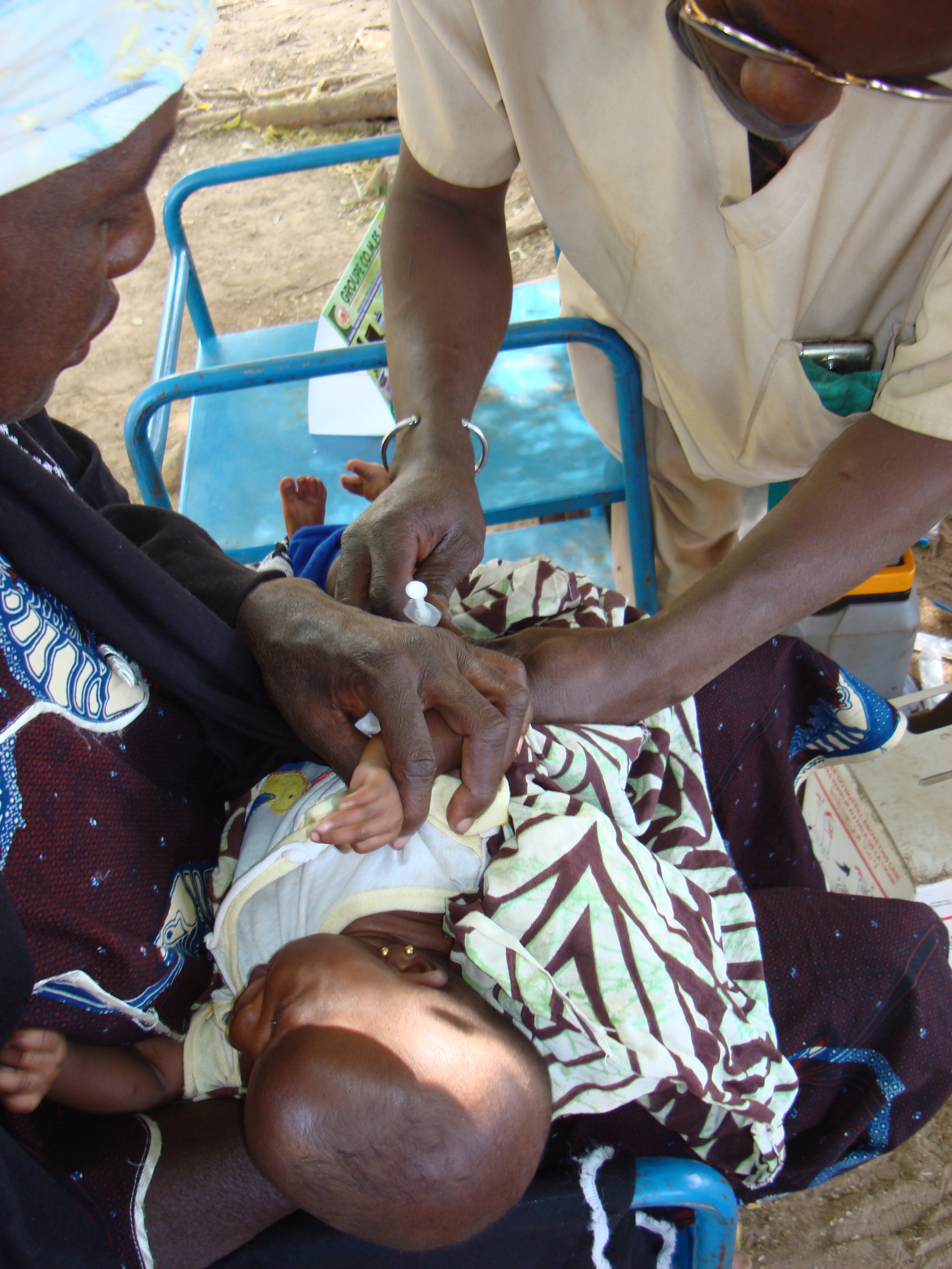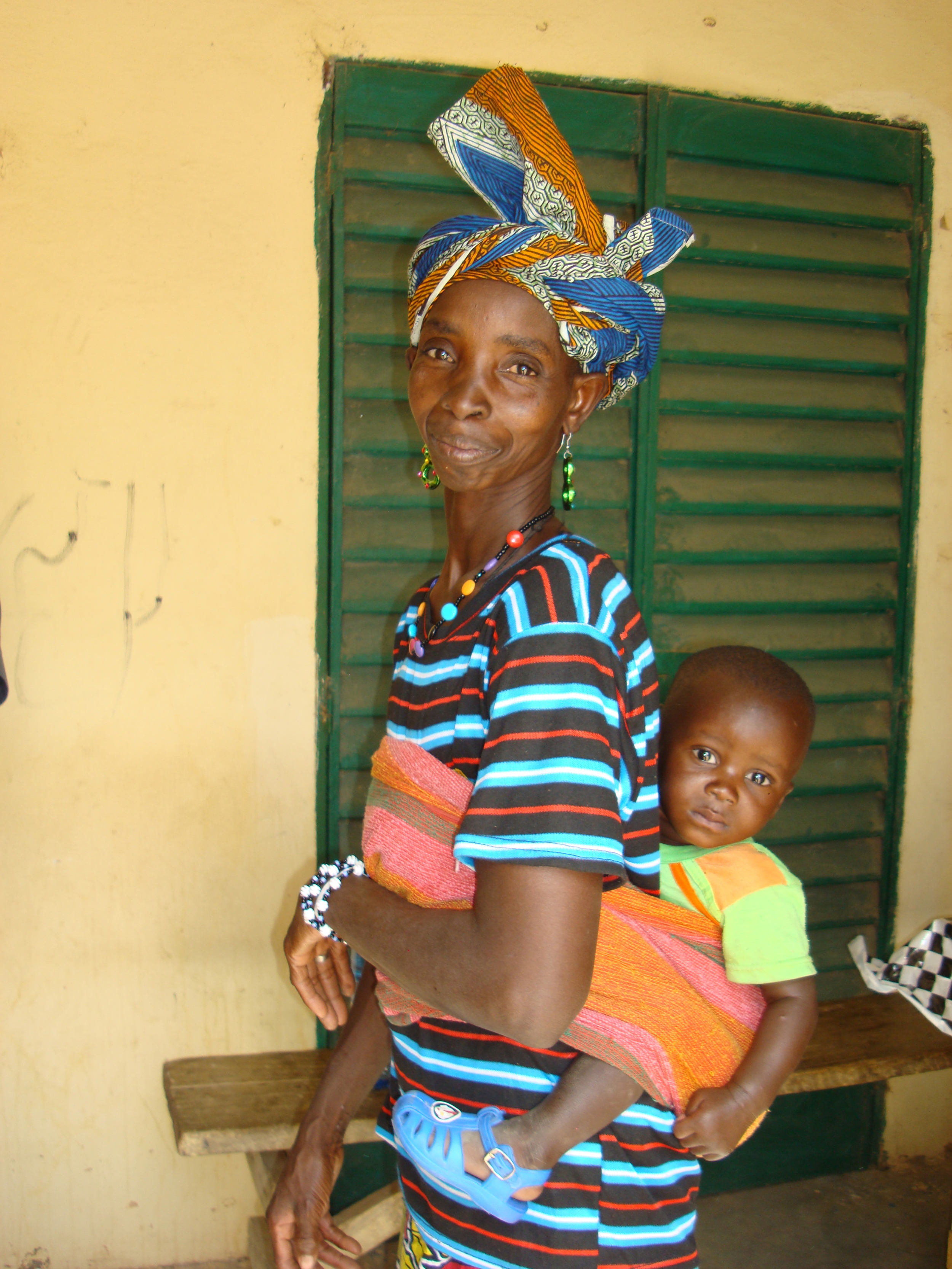Public Health
MFM sends a midwife monthly to educate village birth attendants in safe, hygienic births and prenatal visits. MFM annually trains village health volunteers in prenatal visits, malaria prevention, and going to the health center when sick. MFM has included Ebola knowledge and readiness. MFM teaches these volunteers and they teach others in their village. They give monthly educational talks, organize immunization sessions, and weigh babies quarterly to find and treat the malnourished.
PUBLIC HEALTH GOALS
In Mali, one out of five children will die before their fifth birthday. These deaths are largely preventable. They are caused by malaria, diarrhea, and upper respiratory disease. These are all made worse by malnutrition which weakens the body and makes the children more susceptible to infections.
One out of four of these children die in the first 28 days of life. The remoteness of the villages, the long distances to travel to health centers, the poverty of the people all contribute to the problem of seeking and receiving appropriate health care. Lack of knowledge about illness and modern treatment is an important factor also.
In 2005 Medicine for Mali made a plan for Public Health. The first goal is to improve the morbidity and mortality of children under five years old and pregnant women. The second is to improve the functioning of the existing health care system. Much work has gone into reaching these two goals. Both goals have seen improvements, which directly benefits the lives of the people.
Matron training
Medicine for Mali (MFM) has brought university trained midwives to train our village birth attendants i.e. Matrons on monthly visits to each of the 7 villages with maternities. MFM emphasizes Prenatal visits and safe, hygienic delivery in the village maternities. Tools, such as blood pressure cuffs, gloves and scales have been donated to the Matrons. Villages have worked to get containers of clean water, sterilizing equipment and bleach to aid in safe deliveries. Many more women are coming for prenatal visits now because of the midwives' active participation.
MFM works to have immunizations for children on the same day as the midwife's visit. This has increased the number of women who come for Prenatal visits.
MFM trains Village health volunteers in the vital importance of prenatal visits. The volunteers, in turn, give educational talks to the villagers about the potential life saving importance of having prenatal visits.
Volunteers
MFM Public Health programs work through a system of three trained volunteers. These two women and one man are chosen by each village chief. These volunteers attend yearly trainings on malaria prevention, prenatal visits, and immunizations. They learn how to conduct village educational meetings on these topics. The volunteers give monthly talks to their villages on these life saving topics.
The native language is Bambara. MFM conducts Bambara literacy classes for these volunteers. The volunteers learn to read and write in Bambara and do math in order to keep Vital Statistics notebooks for MFM. Their villages can use the information in these notebooks to help solve health problems themselves.
Village vital statistics notebooks
The MFM village volunteers are trained to record health information for their village in a systematic way in notebooks. This information includes vaccinations, births and deaths of children under 5 yrs old, weighing of children under 3 yrs, prenatal visits, and educational talks given by the volunteers. This is very important information to have for the health of the villagers. If these vital health programs are not being done or problems exist, it can be seen by looking at the notebooks. Then solutions can be found. Refresher courses on improving the collection and use of this data are held yearly.
Quarterly health worker meetings
MFM organizes quarterly meetings for our volunteers, nurse, matrons, and health care management system. These meetings include problem solving on immunizations, prenatal visits and other issues that surface in the health record books. The local workers themselves work on problems and find their solutions together.
A worn bednet.
Malaria prevention with bednets
MFM works to educate and distribute free long-lasting, insecticide-treated bednets. The emphasis is on families with children under 5 and pregnant women. This program protects the villagers from the mosquitoes that carry malaria that bite at night. Malaria is endemic in Mali and a major cause of death for children under 5 and pregnant women.
Volunteer weighs baby.
Nutrition program
Village volunteers weigh children quarterly in order to find those who are malnourished. Severely malnourished kids are sent to the Health Center for Plumpy'Nut and other food supplements. All the children's weights are recorded in the Vital Statistics notebooks by the volunteers.
Health center management
Since health care system functioning is one of the goals of MFM, we have trained management committees. Yearly we train volunteers in their how to manage their health care system. MFM conducts quarterly meetings with all the Public Health workers and volunteers to discuss problems and find solutions. We work with the district health officials in Kati.
